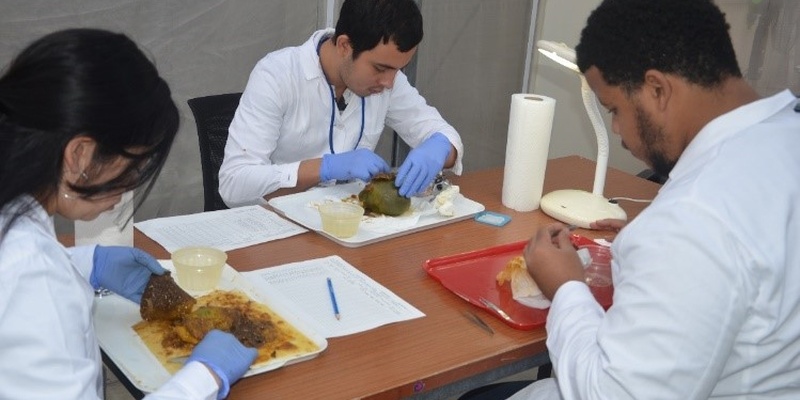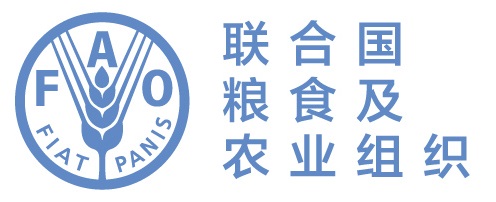改良大气贮藏不会降低对实蝇的植检辐照处理效果
Posted on Fri, 19 Jul 2019, 07:13

2019年7月12日,维也纳——植物检疫处理技术小组(TPPT)刚刚结束了在奥地利维也纳国际原子能机构(IAEA)总部举行的年度会议,会议审查了粮农组织/国际原子能机构粮农核技术联合中心最近开展的一项研究所收集的科学数据。这项研究是在 Vanessa S. Dias 女士的技术监督下进行的,旨在了解低氧环境如何影响实蝇辐照处理的效果。
目前,在低氧储存(用于保障商品质量)的条件下,是不允许对商品进行植物检疫辐照处理的。要使之成为可能,就必须要有科学证据证明相应条件下的处理效果。而事实上,一些研究表明,低氧储存可能会降低处理效果。
Vanessa S. Dias 女士在会上介绍了前文提及的研究成果。研究表明,实蝇暴露在低氧环境期间,其抗氧化能力可能会增强,这反过来又会减少氧化应激,增强细胞对低剂量辐照的防护效应。然而,当辐照剂量接近处理计划所需剂量时,略微增强的防护效应不足以降低处理效果。实验室实验发现,四种实蝇在辐照前和辐照期间不管是否储存在低氧环境中,其存活率都没有差别。
“在低氧条件下对数千只三龄实蝇幼虫进行亚致死剂量和致死剂量的辐照处理后,我们确信,对改良气调条件下储存的商品进行植物检疫辐照是安全的,不会降低处理效果*。”粮农组织/国际原子能机构粮农核技术联合中心昆虫专家Vanessa S. Dias如是表示。
TPPT对研究结果进行评估后一致认为,不管这四种实蝇在低氧条件下贮藏与否,没有任何证据表明对其进行的植检辐照处理效果会因此而降低。TPPT一致认为,对实蝇而言,改良气调贮藏不会降低辐照处理的效果。
评估结果将提交给标准委员会,以考虑是否取消针对实蝇的辐照处理限制。随着改良气调贮藏越来越多地用于保持采后水果的质量,这将使植物检疫处理更适用、更科学合理。
全部研究成果预计将于今年年底发表在国际期刊上。
关于植物检疫处理技术小组(TPPT)
植物检疫处理技术小组由世界各地的专家组成,负责起草 ISPM 28(受管制害虫的植物检疫处理)附件内的各植检处理方法,以及关于处理要求的 ISPM 草案。其主要目标是在标准委的指导下,制定科学合理的植检处理方法,促进缔约方之间的安全贸易。
如欲了解有关 TPPT 的更多信息并查看会议报告(即将发布),请访问:https://www.ippc.int/en/core-activities/standards-setting/expert-drafting-groups/technical-panels/technical-panel-phytosanitary-treatments/。

